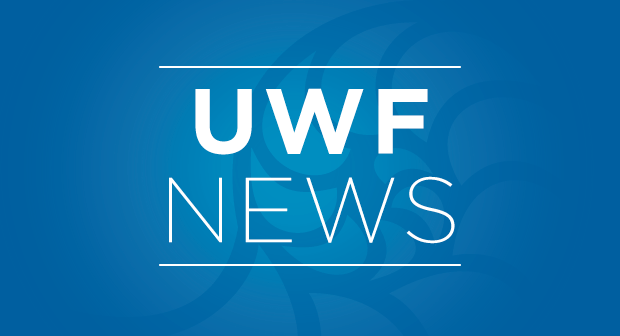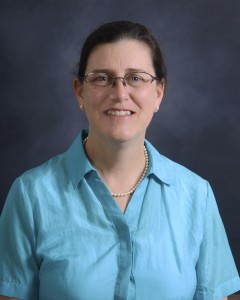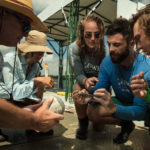UWF receives RESTORE Act grant for artificial reef research
The University of West Florida Center for Environmental Diagnostics and Bioremediation, in collaboration with the University of South Alabama and Dauphin Island Sea Lab, was recently awarded a $293,992 grant for artificial reef research.

Funds were granted by the Florida Institute of Oceanography Center of Excellence through the Gulf Coast Restoration Trust Fund, established by the 2012 RESTORE Act in response to the Deepwater Horizon oil spill. The center’s project is among only 10 selected out of 47 proposals. Research will focus on evaluating the role of artificial reefs as hotspots of biological productivity.
“When people go to artificial reefs, they see all of this incredible, diverse marine life on the reefs. The assumption is that there is more productivity,” said Dr. Jane Caffrey, CEDB and UWF biology professor. “But that has never been tested in this area. We need to actually collect the data. We can’t just go by appearances; we need hard numbers.”
Caffrey will lead the research with Dr. Will Patterson of USA and Dauphin Island Sea Lab, as well as Robert Turpin of Escambia County Marine Resources Division. The team aims to provide a better understanding of Northwest Florida’s artificial reefs and shallow coastal environments by studying the fish population and communicating its findings to the local fishing and diving community.
 “We’re hoping to get other faculty involved as well,” Caffrey continued. “We’re going to have this baseline data, so they might be able to write proposals that piggyback off of this research. The more faculty we get involved, the more opportunities there are for students.”
“We’re hoping to get other faculty involved as well,” Caffrey continued. “We’re going to have this baseline data, so they might be able to write proposals that piggyback off of this research. The more faculty we get involved, the more opportunities there are for students.”
CEDB director Dr. Wade Jeffrey will also be involved in Caffrey’s project. Jeffrey and Dr. Dick Snyder, the center’s former director, have been conducting research on the Gulf’s continental shelf since the 2010 spill. Snyder is currently employed by the Virginia Institute of Marine Science, with which Caffrey is eager to collaborate. She hopes to share samples with his team and compare artificial reefs between the two states.
“By comparing the base of the food web with the reef fishes, this project is a great opportunity to start to better understand whether artificial reefs really increase production or simply act to attract the existing fish populations,” said Jeffrey.
The project focuses on findings in the water column and sediments. Two of Caffrey’s master’s students will take the lead in these areas.
“There are tremendous opportunities for students to get involved,” she said. “Whether it is scientific diving or developing other aspects of the research, I hope students will put their own twist on it.”
The artificial reef research project began in September 2015 and will continue through August 2017.


